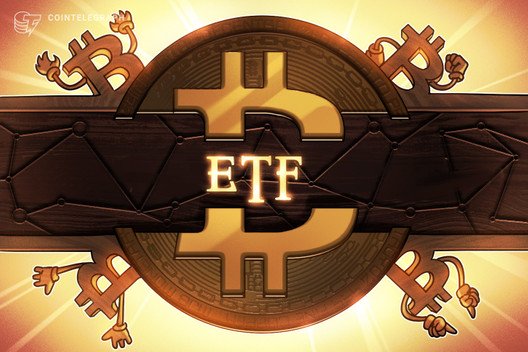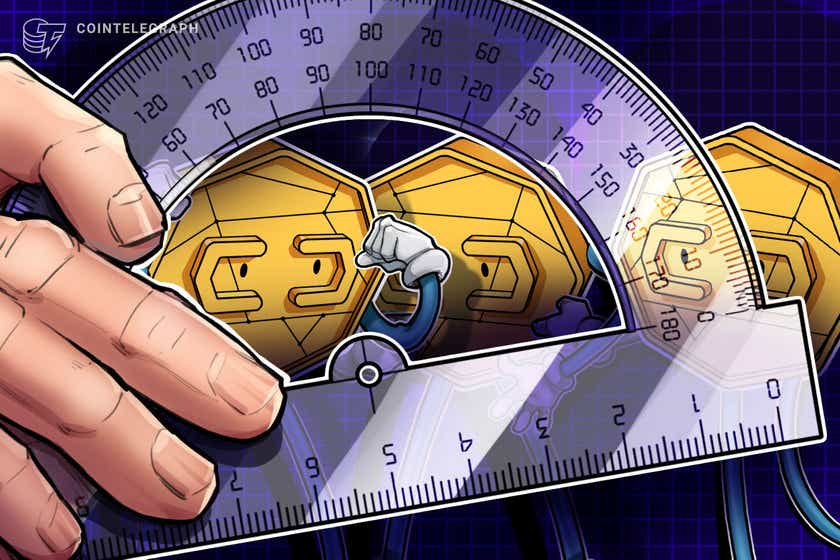Bank of Israel experiments with central bank digital currency smart contracts and privacy
The Israeli central bank looked at trust issues and policy decisions implied in a potential digital shekel, as well as some of the technical aspects of digital currency.
74 Total views
13 Total shares

On Monday, the Bank of Israel released the results of a lab experiment that examined user privacy and the use of smart contracts in payments. This was the central bank’s first technological experiment with a central bank digital currency (CBDC).
The first stage of the experiment modeled the sale of a car within a two-tier system with an intermediary payment service provider. The bank said that the service provider completed Know Your Customer (KYC)/Anti-Money Laundering (AML) checks and provided the necessary blockchain addresses. A nonfungible token (NFT) was issued to show ownership of the car in the absence of a licensing authority to effect the transfer. A smart contract exchanged the seller’s NFT and the buyer’s money, with the seller retaining the right to cancel the transaction if the conditions on it, such as the price of the car, were not met.
The experiment drew attention to two questions. The first was the amount of money held in digital form. To avoid bank disintermediation — massive withdrawal of traditional shekels and their conversion to digital form, a daily limit was suggested that could be written into the smart contract. The second question concerned the smart contract, itself. To reduce the chances of intentional or unintentional misuse of smart contracts, it was suggested that the ability to write smart contracts on the blockchain be limited to the payment service provider, but the extent of supervision required in that case remained undecided.
The first stage of the experiment also highlighted the need to establish identity so that KYC/AML could be conducted through a centralized database. In the second stage, private digital shekels and ordinary digital shekels were created on blockchain infrastructure in a zero-knowledge-proof environment to examine limited privacy based on eCash technology in a variety of circumstances.
Besides purely technical issues, it was noted that the level of privacy digital shekel users will be a policy issue. It likely falls somewhere between the complete anonymity of cash and the lack of privacy characteristic of current electronic money transfers. Israel has been considering the issuance of a CBDC since 2017. It conducted a pilot test in 2021.








